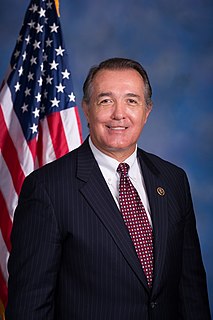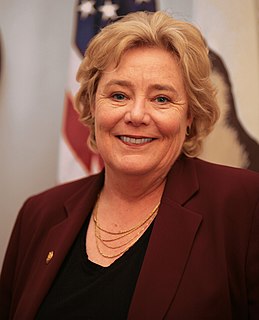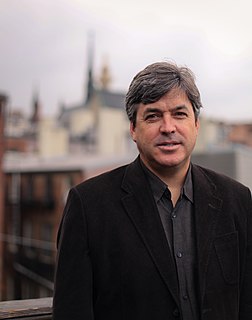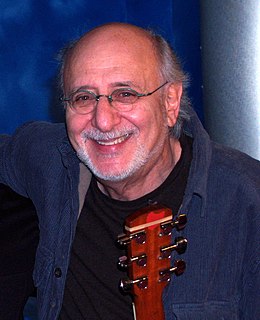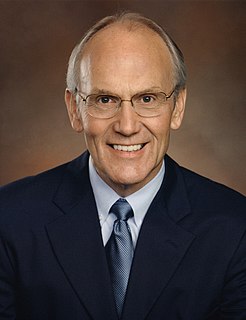A Quote by Trent Franks
What if we move to a path to legalization? How do we reconcile that with justice and fairness with those that come here legally?
Related Quotes
We have consistently supported a legalization program which is both generous to the alien and fair to the countless thousands of people throughout the world who seek legally to come to America. The legalization provisions in this act will go far to improve the lives of a class of individuals who now must hide in the shadows, without access to many of the benefits of a free and open society. Very soon many of these men and women will be able to step into the sunlight and, ultimately, if they choose, they may become Americans.
Yes, absolutely because we think there is a way to do this through earned legalization without rewarding people who have come in with undocumented status, illegally. We don't want to give them an advantage over those who came here legally and we think that there's a way to do this while still respecting the rule of law. It's clear that what the President is talking about does not do that.
Well, I don't think it is amnesty to start with. Second of all, what do you want to do with them? That is the question in response. And third of all, it is a tough path to citizenship. You have to pay back taxes. You've got to learn English. You've got to have a clear record. You've got to get to the back of the line behind other people who have come here legally or waiting legally. So, i just reject that.
